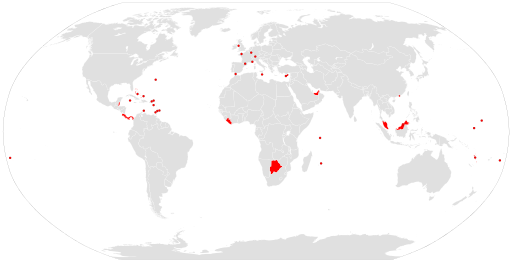
Monday, April 18th is Tax Day, aka, National Identity Theft Day. OK, that part’s not true, but as millions of taxpayers go online to file taxes, it may as well be. The majority of taxpaying citizens file online, using services such as the popular TurboTax, H & R Block, and




